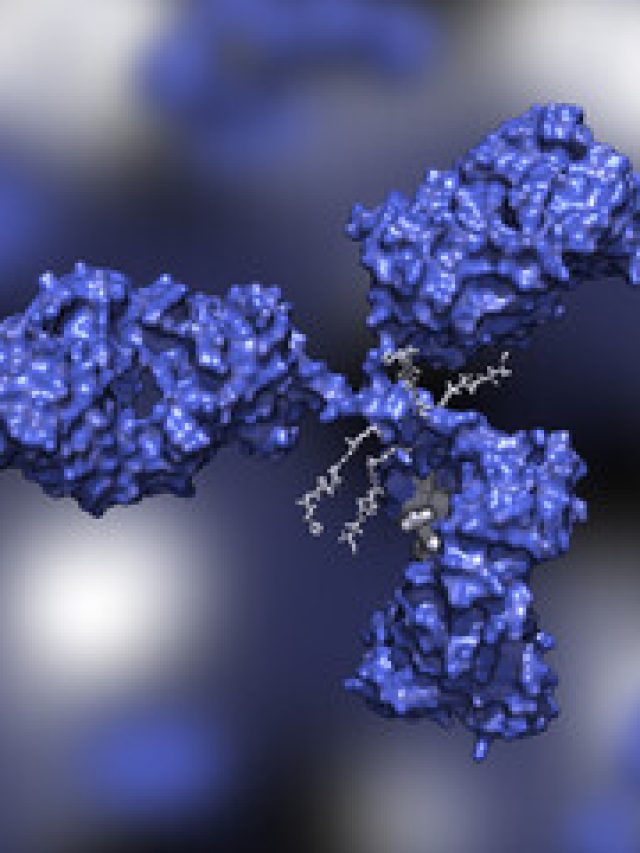AI-Driven Antibody Drug Discovery | Next-Gen Biopharma

AI is transforming antibody drug development, drastically cutting down the time needed to create life-saving treatments. Traditionally, discovering antibodies requires millions of tests, with researchers manually evaluating mutations for effectiveness. Now, AI-powered models predict molecular structures and generate optimized antibodies in just months, revolutionizing pharmaceutical research.
A recent breakthrough saw AI enhancing an FDA-approved SARS-CoV-2 antibody, making it 25 times more potent against newer virus strains. This acceleration is crucial in disease response, allowing scientists to quickly adapt to evolving pathogens. AI models analyze antibody sequences, structures, and binding properties, fine-tuning them for stability, specificity, and manufacturability without relying on trial-and-error experiments.
Biopharmaceutical companies are increasingly relying on AI-driven techniques to develop treatments for cancer, autoimmune diseases, and infectious conditions. These AI-generated antibodies undergo rigorous computational testing before moving into lab trials, reducing overall research time.
The therapeutic antibody market is projected to reach $300 billion by 2025, as AI streamlines drug discovery and manufacturing. AI can analyze millions of possible antibody configurations, identifying those with the highest effectiveness. This eliminates many of the costly, slow steps involved in conventional antibody screening.
However, challenges remain. AI must ensure that generated antibodies meet clinical safety standards, avoiding unwanted side effects. Regulatory agencies are closely monitoring AI-driven drug development, establishing new guidelines for AI-assisted therapies. Researchers continue refining models to improve prediction accuracy, ensuring that AI-designed antibodies can safely progress to human trials.
Efficiency in AI-powered drug discovery mirrors advancements in data verification, where computational models validate antibody sequences before testing begins. Just like site surveys assess feasibility before launching large-scale infrastructure projects, researchers conduct virtual simulations to ensure antibodies work as expected before lab trials.
AI’s impact extends beyond medicine—it’s also reshaping business processes, with API integration playing a critical role in automating pharmaceutical workflows and optimizing drug data management. AI refines antibody engineering by mapping mutations and molecular interactions.
Funding for AI-driven biopharmaceutical research often follows high-ticket sales models, with investors backing promising innovations that demonstrate high potential for real-world applications. These financial investments drive the next generation of antibody therapies, ensuring faster accessibility to life-saving treatments.
With AI leading the charge, antibody design is entering a new era, promising faster drug development, personalized treatments, and better disease resistance. As the technology continues to advance, AI’s predictive capabilities will likely redefine medicine, bringing us closer to a future where groundbreaking drugs emerge within months instead of years.





